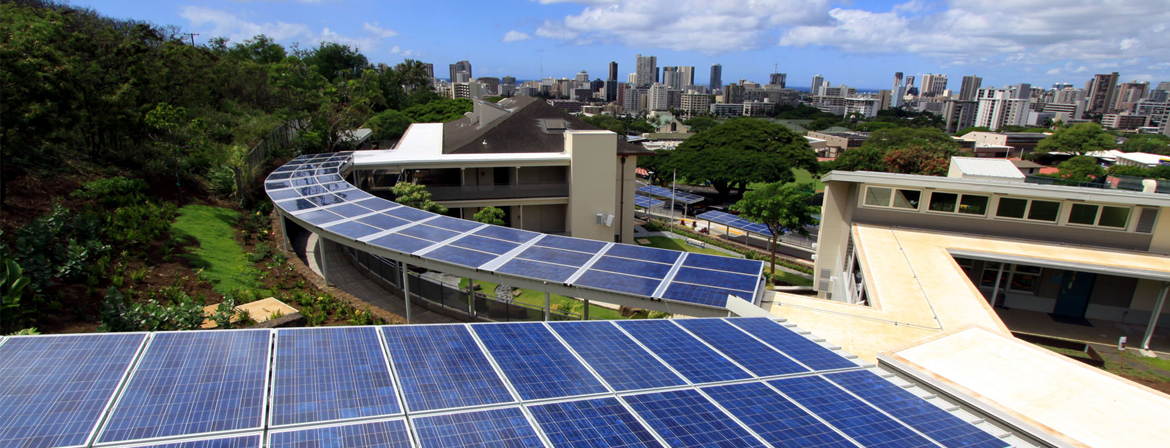Motivating Businesses to Reduce Waste and Recycle
A Distorted View of Things
Residential Energy Conservation: The Role of Past Experience in Repetitive Household Behavior
Macey, S. M., & Brown, M. A. Residential energy conservation: The role of past experience in repetitive household behavior. Vol. 15. 1983. 123-141.
Invoking Social Norms:A Social Psychology Perspective on Improving Hotels' Linen-Reuse Programs
Goldstein, N., Griskevicius, V., Cialdini, R. (2007). Cornell Hotel and Restaurant Administration Quarterly, 48(2), 145-150.
Effective Dissemination of Energy-Related Information: Applying Social Psychology and Evaluation Research
Dennis, M., Soderstrom, E.J., Koncinski, W.S., Cavanaugh, B. (1990). Effective Dissemination of Energy-Related Information: Applying Social Psychology and Evaluation Research. American Psychologist, 45(10), 1109.
Social Norms: An Underestimated and Underemployed Lever for Managing Climate Change
Griskevicius,V., Cialdini, R.B., and Goldstein, N.J. (2008). Social Norms: An Underestimated and Underemployed Lever for Managing Climate Change. International Journal for Sustainability Communication, 3, 5-13.
The Meaning of Normative Processes for Energy Conservation
Midden, C. J. & Ritsema, B. S. (1983). The meaning of normative processes for energy conservation. Journal of Economic Psychology, 4, 1-2, 37-55.
The Effects of Videotape Modeling and Daily Feedback on Residential Electricity Conservation, Home Temperature and Humidity, Perceived Comfort, and Clothing Worn: Winter and Summer
Winett, R. A., Hatcher, J. W., Fort, T. R., Leckliter, I. N., Love, S. Q., Riley, A. W., & Fishback, J. F. (1982). The effects of videotape modeling and daily feedback on residential electricity conservation, home temperature and humidity, perceived comfort, and clothing worn: Winter and summer. Journal of Applied Behavior Analysis, 15, 3, 381-402.
Effects of Television Modeling on Residential Energy Conservation
Winett, R. A., Leckliter, I. N., Chinn, D. E., Stahl, B., & Love, S. Q. (1985). Effects of television modeling on residential energy conservation. Journal of Applied Behavior Analysis, 18, 1, 33-44.
Energy Conservation: Two Easy Ways Out
Van-der-Pligt, J. (1985). Energy conservation: Two easy ways out. Journal of Applied Social Psychology, 15, 1, 3-15.



